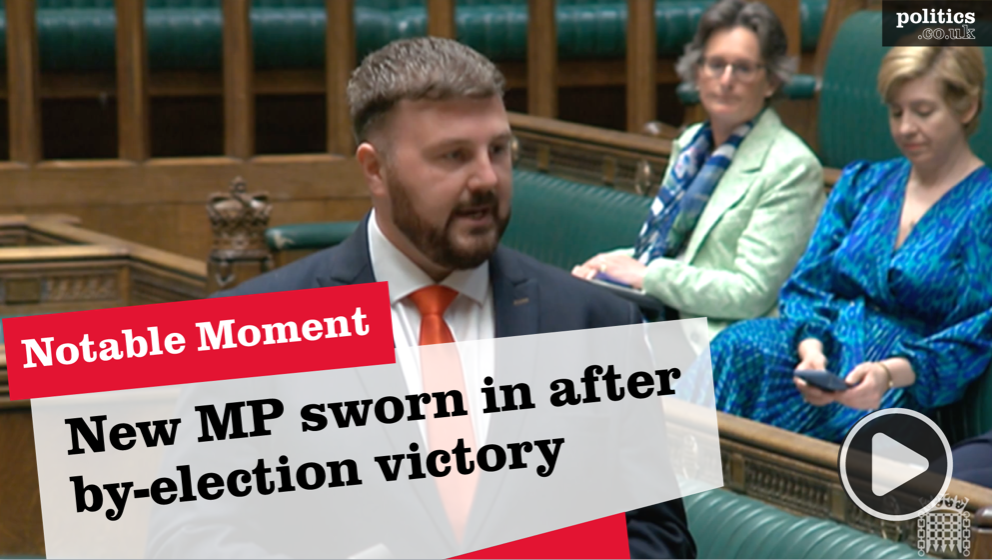Blears given counter-terrorism brief
Home secretary David Blunkett has appointed home office minister Hazel Blears to deal with counter-terrorism activities.
Ms Blears will assume the new role of counter-terrorism minister, responsible for policing, crime reduction and community safety.
The new post of counter-terrorism minister will free up home office minister Des Browne to concentrate on his new position as immigration and asylum minister. Mr Browne takes over from Beverley Hughes who resigned last week.
Ms Hughes was forced to resign after she admitted that she had “unwittingly” misled people over a suspected visa scam.


The government held an emergency immigration summit this Tuesday in an attempt to allay concerns about the asylum and immigration process.
Announcing the appointment of Ms Blears, who is currently the minister for crime reduction, policing and community safety, Mr Blunkett attempted to bring an end to the furore surrounding Ms Hughes resignation last week, saying that it was time for calm.
However, her appointment is unlikely to satisfy Conservative MPs, who continue to call for a US-style minister for homeland security.
Tory leader Michael Howard has previously insisted that the counter-terrorism brief should not be “tagged onto” another minister’s job.
“We need clear responsibility for this vital issue,” he said. “I believe that as counter-terrorism is central to our national security, in the current climate, we need a minister dedicated to homeland security. It is in Britain’s national interest.”
Ms Blears will sit on two cabinet committees on protective security and resilience as part of her new role. The Salford MP was elected in the 1997 election and is one of the few remaining ‘Blair babes’ in a ministerial role.
The government also announced last night that a ban on applicants from Romania and Bulgaria would be lifted where there was “no doubt” about status, following the recent row over allegedly forged papers from the two Eastern European states.











